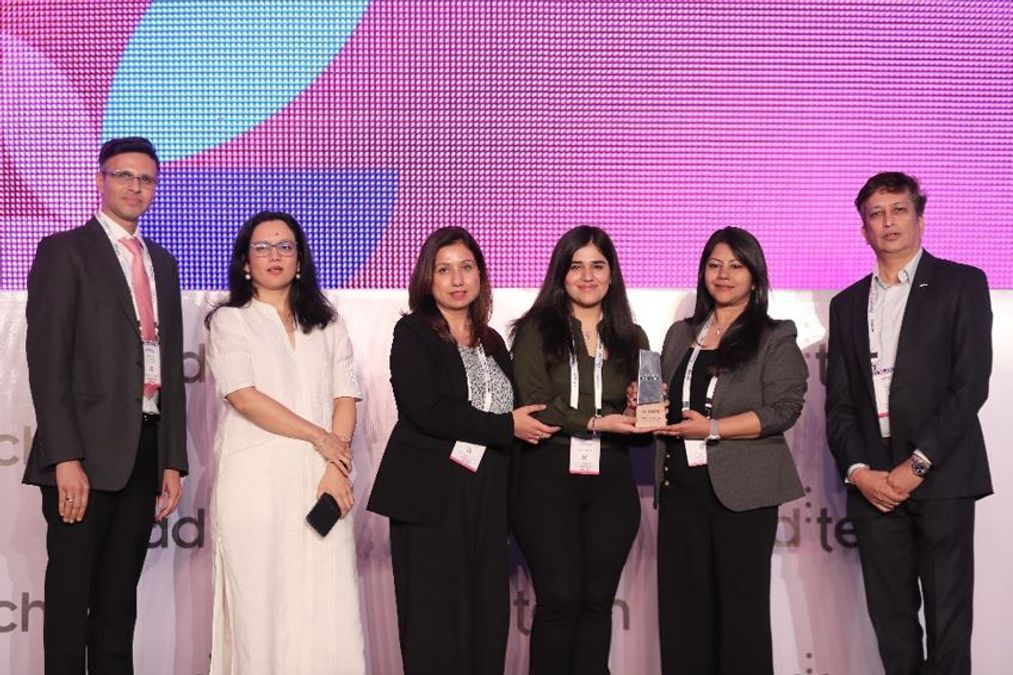GenAI:
While we saw what ChatGPT, Gemini, Claude and others could do, the increasing capabilities of logical reasoning in generative artificial intelligence (Gen AI) models will enable them to operate more autonomously with more reliable outputs. This will translate into AI systems that can handle multiple systems, optimising interactions to deliver more sophisticated and accurate responses. Such GenAI agents can find their way into industries such as healthcare, law and financial services. Can there be personalized GenAI agents next? GenAI based wearables such as Meta’s Ray-Bans and Solos AirGo Vision could create a new market segment for more companies, and some may well make it available to mass-market consumers.
Satellite Connectivity:
India’s reforms in foreign direct investment, telecommunications and space policy are paving the way for satellite communications with ubiquitous and affordable connectivity, especially in remote and rural areas, said Sandeep Arora, vice president and industry platform leader for telecom at Capgemini India. The initiatives have opened the sector for international players like SpaceX’s Starlink and Amazon’s Kuiper even as Indian origin global players like Eutelsat-OneWeb and Jio-SES prepare to launch their services. They’re waiting for the spectrum allocation policy which will be the decider for them. For consumers, the service will be niche and hence priced as premium.
Fixed Wireless Access:
FWA is emerging as an alternative to fibre broadband. Indian consumers find FWA as good as fibre with satisfaction levels near fibre, particularly in markets like US, where it’s often used as a backup connection, said Jasmeet Sethi, head of Ericsson ConsumerLab. FWA is ideal for in-home, non-mobile broadband, and satellite internet is useful for outdoor activities or travel.
No Fold?:
While smartphones are getting smarter with GenAI, not all brands are eager to bring out foldable devices. Apple and Xiaomi, for instance, do not have a fold device in their portfolio, and as Xiaomi’s chief marketing officer Anuj Sharma says they aren’t keen on it. Even though foldables are getting thinner (around 10mm), they’re still essentially two devices combined, and the soft screen required for folding makes it vulnerable to damage. Good foldable devices are still niche.
Spam no more:
In 2024, India’s telecom regulatory authority clamped down on spam messages and phone calls with some success. Telcos also joined the fray and introduced solutions on their own, notably Airtel which built in a spam detection software. In 2025, there’s going to a focus on weeding out spam through tools that help detection, blocking and complaints to the telcos and the regulator. The government, too, has prioritized removal of spam to prevent financial fraud that stems from this channel.













